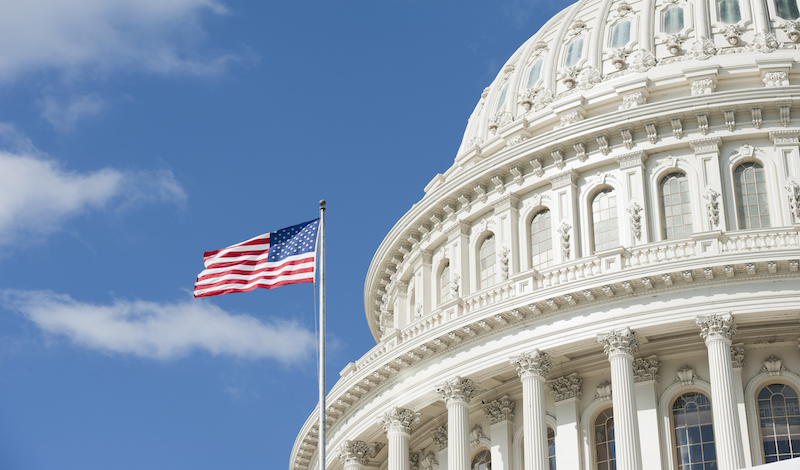
Guidance from ACUS seeks to help agencies craft policies guiding their use of contractors in the rulemaking process.
Agency rulemaking can be a lengthy and resource-intensive process, and agencies sometimes turn to contractors for support. Some agencies use contractors, for example, to conduct research undergirding a rule, prepare regulatory impact analyses, facilitate meetings with interested persons, or process public comments that the agency receives.
By contracting out certain rulemaking-related functions, agencies can realize benefits such as lower administrative costs, greater flexibility to allocate limited staff resources, and access to topic-specific expertise or alternative perspectives.
Because rulemaking is a form of agency policymaking, however, agencies must ensure they do not contract out responsibility for deciding policy matters, making value judgments, or exercising discretion on behalf of the federal government. Such responsibilities are considered inherently governmental functions under federal law.
Agencies should also exercise heightened caution before contracting out other tasks that are closely associated with an inherently governmental function. Caution is needed to help ensure that contractors support, rather than supplant, agency decision making.
The Federal Acquisition Regulation, along with documents issued by the Office of Management and Budget (OMB) and its Office of Federal Procurement Policy, provides general guidance on what constitutes an inherently governmental function or closely associated tasks. But this guidance is opaque, and it can be difficult for agencies to determine which rulemaking-related functions fall within these legal categories. Agencies must also navigate tricky ethical and practical issues related to the use of contractors for rulemaking-related functions.
To address these issues and improve the effective use of and transparency surrounding contractors in rulemaking, the Administrative Conference of the United States (ACUS) recently adopted Recommendation 2022-1, Contractors in Rulemaking, which identifies best practices for agencies to use.
Agencies should first identify which rulemaking-related tasks are inherently governmental functions—such as the approval of a final rule—and those that are closely associated with inherently governmental functions—such as conducting regulatory impact analyses, providing feasibility studies, or drafting the regulation text or preamble. Agencies should adopt policies to ensure that agency employees do not contract out inherently governmental functions and to provide increased scrutiny when contracting out tasks that are closely associated with such functions.
Agencies should then assess how they manage contractors so as to prevent outsourcing inherently governmental functions. Agencies should also clearly delineate responsibilities between contractors and government employees and take steps to mitigate organizational and personal conflicts of interest. Just as the guidance from OMB on identifying a task closely associated with an inherently governmental function is opaque, there are not clear policies addressing the specific concerns of personal or organizational conflicts of interest of contractors in rulemaking.
In the interest of fostering transparency and efficiency, agencies should prepare and disseminate policies describing the mechanisms they have in place to prevent contracting out inherently governmental functions. These policies should include requirements for disclosing potential conflicts of interest and remedial steps the agency will take to address conflicts when they occur. When a contractor undertakes a rulemaking-related task that is closely associated with an inherently governmental function, the agency should also disclose that contractor’s role and identity, unless legally precluded from doing so.
By implementing these policies, agencies can ensure that the use of contractors in the rulemaking process does not overstep the inherently governmental function line and that ethical standards preventing conflicts of interest are maintained.
In addition to providing best practices for agencies, ACUS’s Recommendation also suggests that OMB consider assessing procurement practices across the federal government and afterwards preparing additional guidance on contractor-performed functions in the rulemaking process.
In the interim, it is up to agencies themselves—or the U.S. Congress—to determine where more stringent policies on the use of contractors in the rulemaking process may be needed. The recent ACUS Recommendation highlights best practices to help agencies act responsibly when using contractors in rulemaking.
The views expressed in this piece are those of the author and do not necessarily represent the views of the Administrative Conference or the federal government.
This essay is part of a three-part series on the Administrative Conference of the United States, entitled Using Technology and Contractors in the Administrative State.




